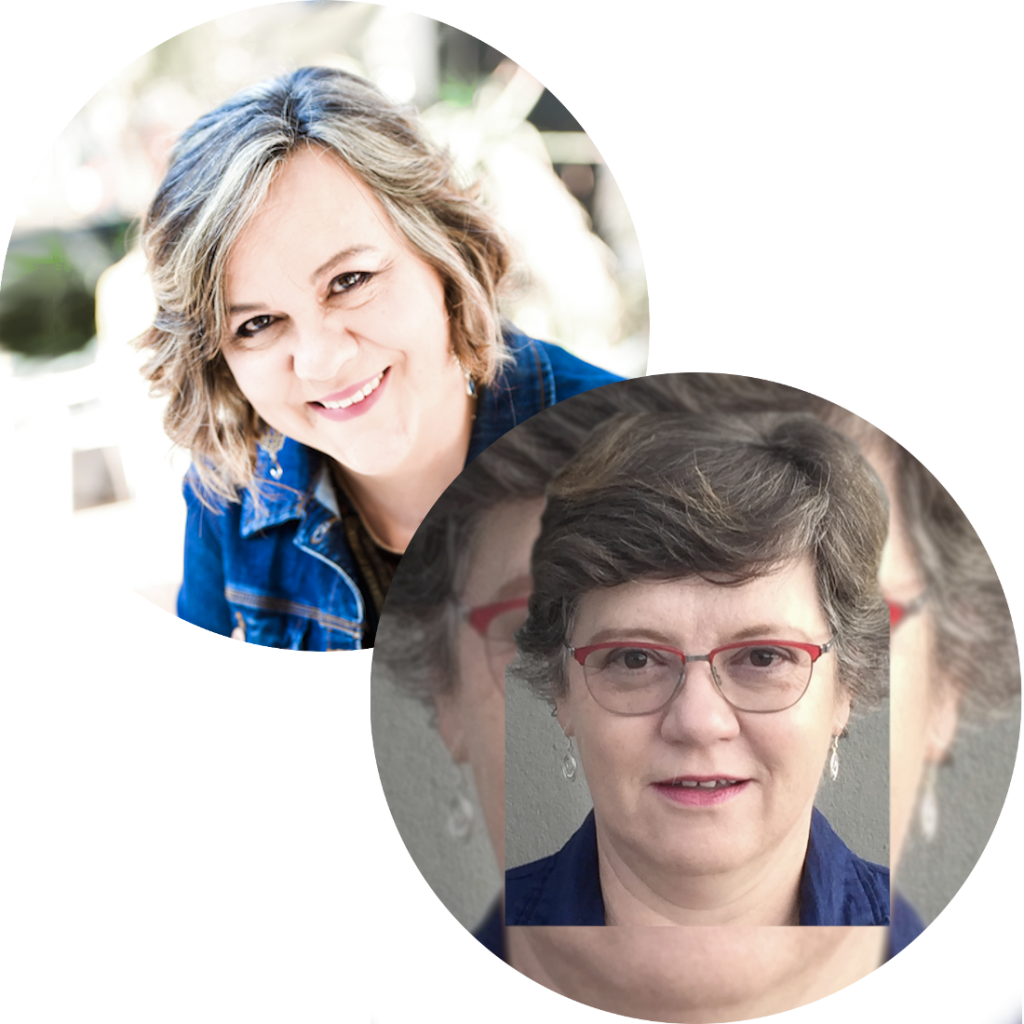🔖 PRESENTATION
Paper (parallel)
📆 DATE
Thursday 9 Sep 2021
⏰ MELBOURNE TIME
7.00 - 9.00 pm
⏰ LOCAL START TIME
time start

Ms Sonja Blignaut
Managing Director, More Beyond, South Africa
Sonja has been working in the field of complexity for over two decades. Her passion is to be a wayfinding partner to leaders and teams, who are navigating uncertainty. She is based in South Africa but works globally as a sought-after speaker, teacher and thinking partner. Sonja originally studied meteorology, and that background has given her a unique perspective into complex social systems.
Read Sonja’s blog here: https://sonjablignaut.medium.c
⏰ DURATION
120 minutes

Dr Marietjie Vosloo
Managing Director, DataSense Consulting, South Africa
Marietjie Vosloo is a statistician and systems thinker who has worked toward finding patterns in data to support decision making throughout her career of 40-odd years. She has worked in various industrial, corporate, education and not-for-profit roles as an internal and external consultant and researcher. Her special interests are finding and visualizing patterns in data through statistical graphics, as well as system dynamics. She has been innovating ways to elicit, explore and represent SenseMaker® data for more than a decade. Although she is semi-retired, she supports post-graduate students and lectures part-time at Stellenbosch University.
Towards fostering a Sense of Belonging in the Post-Pandemic Workplace
The recent COVID-19 pandemic disrupted most of what was familiar about daily work-life. In the aftermath, many long-held notions have fallen by the way-side. The pressure and urgency of pandemic responses have led to many innovations that brought new ways of working into the realms of possibility. One aspect is remote working, with many employers faced with the challenge of maintaining a sense of belonging among a workforce that is no longer co-located in physical work environments.
This paper chronicles an investigation into the dynamics of a sense of belonging using SenseMaker®, a tool developed by Cognitive Edge and rooted in anthro-complexity, i.e. which has been designed to make sense of, and explore how one can act in complex human systems such as an organisation.
In a typical SenseMaker® investigation, respondents are asked to share a narrative about a personal experience, e.g. of working in the organisation under study, and then “signify” that story, i.e. assign meaning to the story using a set of questions called signifiers. The questions function differently than survey questions in other methods, in that they are intentionally oblique and ambiguous, and test for trade-offs between two or three opposing considerations. The method foregrounds the voice of the respondents, in that they codify the meaning of their stories themselves; interpretation often occurs in joint sense-making sessions, where the analyst stays in the background.
The method produces a mix of quantitative and qualitative data, from which patterns are identified which are interpreted abductively. The combination of signifiers and narratives are used to identify a portfolio of safe-to-fail probes or nudges which can be implemented in an attempt to shift the system into a beneficial direction (or towards an “adjacent possible”.
Our investigation into the dynamics of a sense of belonging made use of a number of datasets collected from various organisations around the world since the start of the pandemic. Each of these data collections had a specific focus, but the richness of SenseMaker® data enables the option to mine past collections for new angles of investigation i.e. for new studies.
The combination of narrative and quantitative self-signification data makes it possible to explore the data for unanticipated dynamics, previously unseen or unconscious meanings and emergent patterns, that may not have been considered in the design of the signifiers.
The rich pictures produced in this way hence also allow for theory building.
Based on the combined results from past studies, it was possible to identify relevant theory to inform the design of a new set of signifiers, specifically focused on the dynamics of a sense of belonging in a setting of remote work or a hybrid workplace. The resulting framework creates an instrument that can be used to gain a more in-depth understanding of belonging dynamics in modern hybrid work environments.
This paper will present a case study demonstrating the use of SenseMaker® to arrive at an understanding of the dynamics of a sense of belonging, and outline the main findings of the work. The theory of change used in the SenseMaker® approach sets a change vector by asking “What can we do right now to get fewer stories like this, and more stories like that”, looking for aspects already in the system (called adjacent possibles) that can be amplified or dampened using safe-to-fail probes to attempt to shift the system in a beneficial direction. For this paper, insights from the theoretical work and collected data will be combined to indicate nudges that have a likelihood of success to foster a sense of belonging in remote or hybrid workplace settings.
Day(s)
:
Hour(s)
:
Minute(s)
:
Second(s)
Session schedule
5 MINS
Introduction
30 MINS
Paper presentation
20 MINS
Small group discussion; impressions of the paper and developing questions for the presenter
20 MINS
Discussion forum with the presenter; moderated for the speaker to elaborate their ideas
10 MINS
Discussion forum with the presenter; themes from the discussions
5 MINS
Break
30 MINS
Whole symposium open reflection discussion
Share this presentation!
Parallel Paper Presentations
The following are presenting at this time

MR MARK ARGENT
Knowing, not knowing, and virtual technology: an “organisation on the screen”?

MS SONJA BLIGNAUT
DR MARIETJIE VOSLOO
Towards fostering a Sense of Belonging in the Post-Pandemic Workplace

MR MANAB BOSE
Want To Know What Lies Below-the-Surface! Really?

